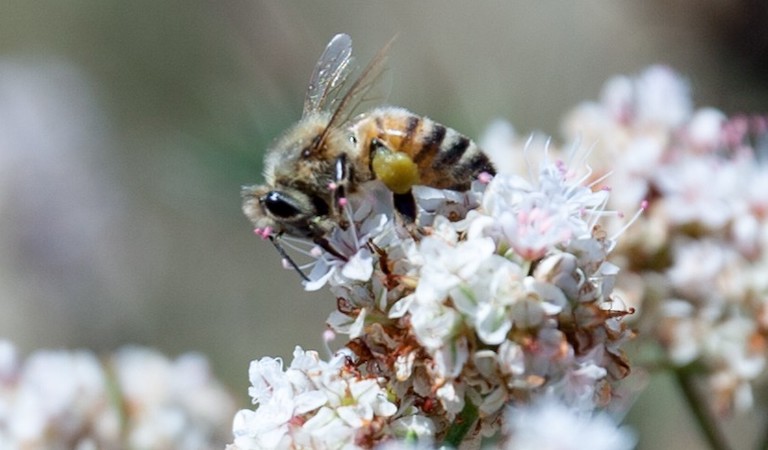Biology Major Programs

Biology Majors
- Biology
- Molecular Biology
- Joint Major in Chemistry and Biology
- Mathematical and Computational Biology
Goals and Learning Outcomes
The focus of Harvey Mudd’s biology program is on preparing students for professional practice in diverse areas related to biology. Following graduation the majority of our students go on to PhD programs in the life sciences or into the workforce in technical fields. With these outcomes in mind, our curriculum is structured to provide students with the general technical and communication skills required to succeed in a broad range of scientific settings. Upon graduation from our program we expect HMC students to:
- Understand fundamental principles of biology and how we know what we know.
- Appreciate the breadth of biology, its interfaces with other disciplines, and its impact on society.
- Be able to take intellectual and practical ownership of their work and demonstrate maturity and responsibility as scientists.
To achieve these broad goals effectively, we believe all biology majors should be able to:
- understand and effectively communicate the foundational scientific principles and findings in biology;
- read and critically interpret the primary scientific literature;
- formulate hypotheses and plan and execute experiments to test those hypotheses;
- understand the use of and be able to apply quantitative methods to interpret biological data;
- communicate results in writing using conventional scientific formats;
- communicate results orally through formal presentations and by leading and participating in discussions;
- synthesize ideas from multiple sources into a literature review or research proposal;
- demonstrate teamwork and leadership skills;
- demonstrate an understanding of how biology relates to current issues in the world.
The biology curriculum includes five primary components, each of which addresses a subset of these learning outcomes:
Core Lecture Courses
All biology majors take a required set of lecture courses designed to cover the fundamental principles of biology and to instill an appreciation for the breadth of biology. Each of these core courses also begins to introduce students to primary literature in the field (learning outcomes 1, 2, 9).
Laboratory Courses
All biology majors take a required Introductory Laboratory course and at least two upper level laboratories. Laboratory courses are designed to serve learning outcomes 3, 4, 5, 6 and 8.
Seminar Courses
All biology majors are required to complete at least one seminar-style course, defined as a course in which material is covered primarily by discussion of readings from the primary literature and students give substantial oral presentations and write a significant synthetic paper. Seminar courses address learning outcomes 2, 6, 7 and (often) 9.
Colloquium
Weekly research presentations by invited speakers from other institutions increase the breadth of biological topics to which students are exposed, encourage critical thinking, and model professional communication skills, serving learning outcomes 1, 2, 6 and 9.
Senior Thesis
As seniors, all biology majors put learning outcomes 1-9 into practice by completing a year-long independent research project or team clinic project.